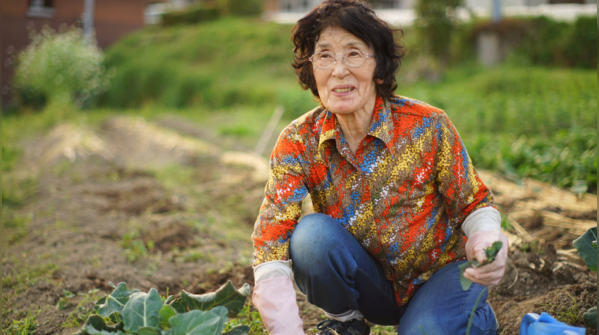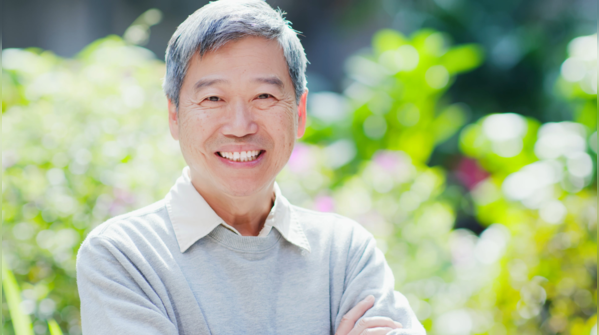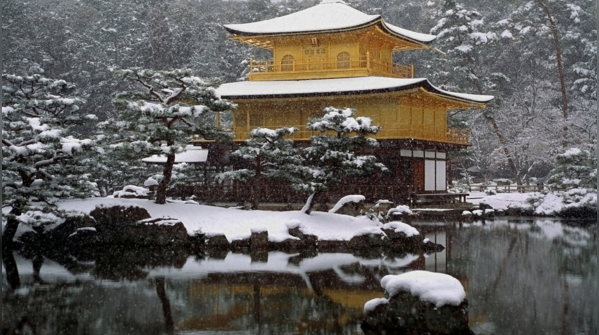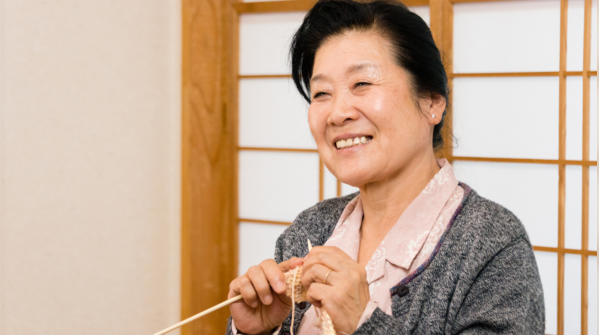Ogimi, a small village on the subtropical island of Okinawa, Japan, is globally recognized as the Village of Longevity. With a population of fewer than 3,000, living past 100 is not an anomaly but a common occurrence. Residents not only live long lives but thrive with vitality, mental clarity, and happiness.

For decades, researchers like Dr. Makoto Suzuki and Dr. Bradley Willcox have conducted the Okinawa Centenarian Study, examining the lives of Ogimi's elders. While plant-based diets and stress reduction are often highlighted, the true essence of Ogimi lies in its unique cultural philosophies. Here are three vital, yet often overlooked, lessons from the people of Ogimi, practices that require no costly superfoods or biohacks, but rather a change in mindset, daily routine, and social bonds.
The Okinawan practice of "hara hachi bu," eating until 80% full, is widely known. However, in Ogimi, it transcends a mere dietary tip; it is a deeply ingrained ritual of gratitude. Before each meal, villagers express "Itadakimasu," meaning "I humbly receive." This mindful moment encourages a slower pace of life, honoring the food, the farmers, and the earth.

Meals are enjoyed slowly, often served in small dishes emphasizing texture and seasonal colors. Neither food nor life is rushed.
By stopping before feeling completely full, individuals can reduce insulin spikes, improve digestion, and lower inflammation – all crucial factors for healthy aging.
Dr. Bradley Willcox emphasizes, "They eat low-calorie, nutrient-dense foods, but it’s their approach to eating that’s so powerful. It’s respectful, balanced, and tied to community.”
A cornerstone of Ogimi's culture is the "moai," a lifelong social network of friends who provide each other with emotional, financial, and spiritual support. These are not just casual acquaintances but committed alliances, often established in childhood and nurtured throughout their lives.

Every individual belongs to a moai, fostering a shared sense of purpose as they age together. From communal meals to group singing sessions, this support system is an integral part of daily life.
These groups offer more than just companionship. They provide accountability, emotional support, laughter, and protection against loneliness, which studies have linked to a higher mortality risk than obesity or smoking.
Dr. Willcox notes, “Social connectedness is their health insurance. That’s why they age so gracefully, with fewer chronic illnesses.”
In Ogimi, nature isn't a weekend getaway; it's an integral part of daily existence. Villagers engage in daily walks through verdant hills, offer prayers in sacred groves, and cultivate vegetable gardens well into their 90s. Nature is not merely decoration; it's a guiding force.

The elders don't rely on gyms. Their physical activity stems from climbing stairs, tending gardens, and participating in festivals. Their hands remain in the soil, and their eyes are drawn to the ocean.
This intimate connection with the land instills patience, rhythm, and acceptance. Seasonal eating and aligning with sunrise and sunset synchronize the body’s circadian rhythms, which modern science now links to improved metabolism and mood regulation.
"In every leaf and root, there’s a rhythm,” a 104-year-old resident shared in a 2015 interview with Okinawa Times. “We just follow it.”

Emulating the Ogimi way of life doesn't necessitate relocating to Japan. However, it does require re-evaluating the fast-paced, disconnected nature of modern living. Integrating a few slow meals, nurturing a close-knit circle of friends, and dedicating more time to green spaces can gently steer the body and mind toward equilibrium.
It's not about doing more, but rather about acting with intention.
Disclaimer: This article is intended for informational purposes only and should not be considered medical advice. Consult with a qualified healthcare professional before making significant lifestyle changes.
Newer articles
 Android Security Alert: Government Warns of Critical Flaws Exposing User Data
Android Security Alert: Government Warns of Critical Flaws Exposing User Data
 Bezos-Backed Methane-Tracking Satellite Mission Ends Prematurely After Loss of Contact
Bezos-Backed Methane-Tracking Satellite Mission Ends Prematurely After Loss of Contact
 Sanjog Gupta Named ICC's New Chief Executive Officer, Set to Lead Cricket's Global Expansion
Sanjog Gupta Named ICC's New Chief Executive Officer, Set to Lead Cricket's Global Expansion
 Greg Chappell: Rishabh Pant is Revolutionizing Cricket with Unorthodox Batting
Greg Chappell: Rishabh Pant is Revolutionizing Cricket with Unorthodox Batting
 Heart Attack Warning: 5 Subtle Signs to Watch for a Month Prior
Heart Attack Warning: 5 Subtle Signs to Watch for a Month Prior
 Staying Hydrated May Significantly Lower Risk of Heart Failure, New Study Finds
Staying Hydrated May Significantly Lower Risk of Heart Failure, New Study Finds
 Asia Cup 2025: ACC Eyes September Start Date Amid Growing Optimism
Asia Cup 2025: ACC Eyes September Start Date Amid Growing Optimism
 FIFA Club World Cup 2025: Upsets, Messi Magic, and Weather Woes Define Group Stage
FIFA Club World Cup 2025: Upsets, Messi Magic, and Weather Woes Define Group Stage
 Gavaskar Calls for Kuldeep Yadav's Inclusion in Second Test Amid Bumrah Fitness Concerns, Eyes Batting Reshuffle
Gavaskar Calls for Kuldeep Yadav's Inclusion in Second Test Amid Bumrah Fitness Concerns, Eyes Batting Reshuffle
 Doctor Reacts to Rishabh Pant's Somersault After Century: 'Unnecessary!' – Surgeon Who Aided Recovery Speaks Out
Doctor Reacts to Rishabh Pant's Somersault After Century: 'Unnecessary!' – Surgeon Who Aided Recovery Speaks Out